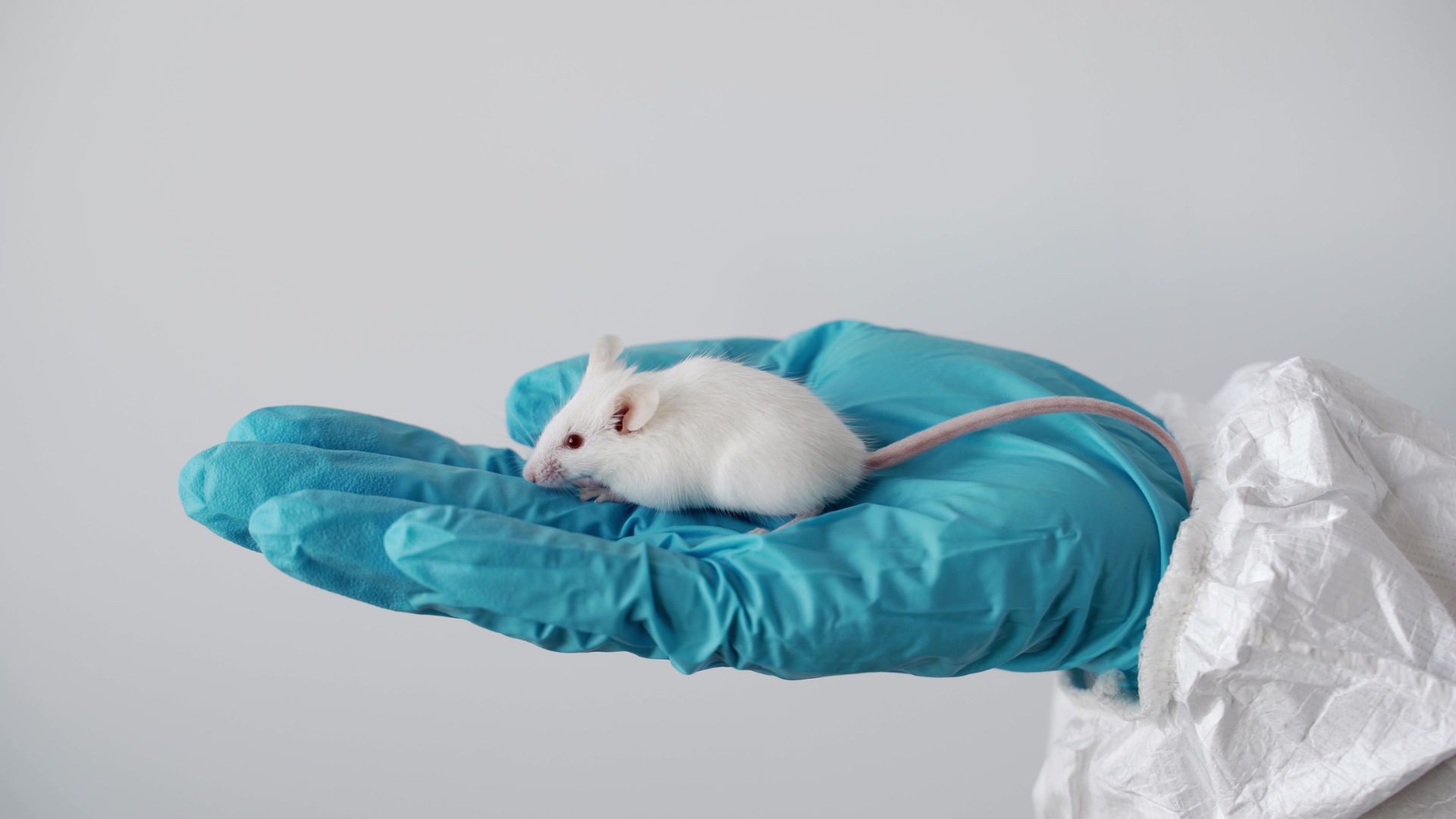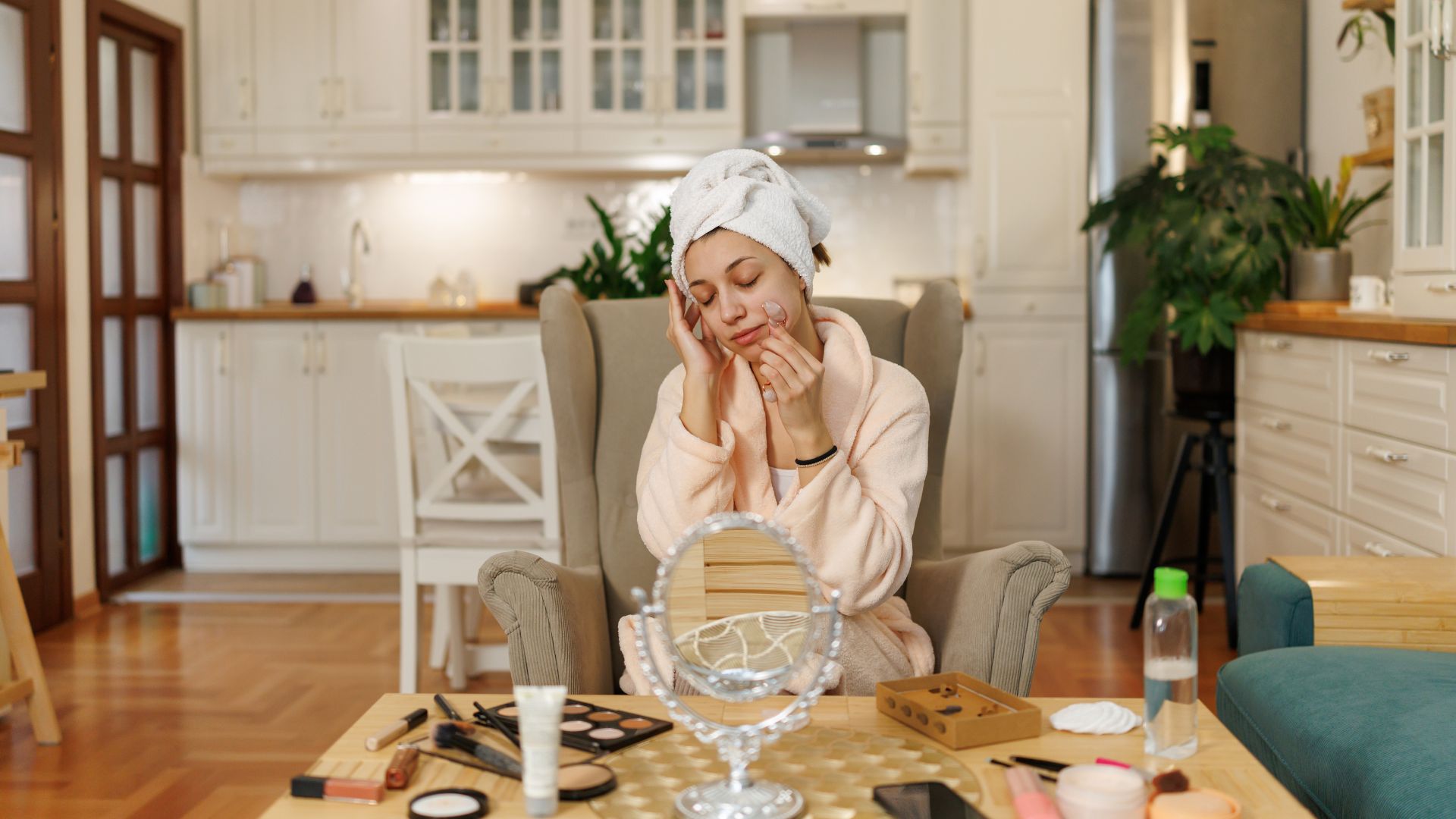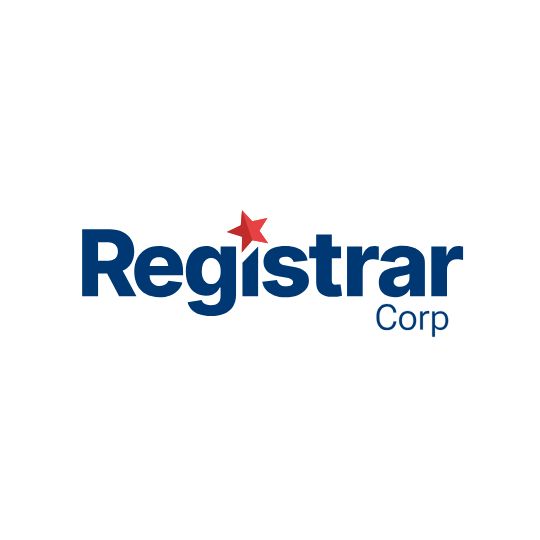Based on Humane Society International, there are over half a million animals who suffer and die every year due to cosmetic testing and to date, slightly over 40 countries have passed laws banning cosmetic animal testing around the world.[1] Animal testing was introduced in the 1920’s often using lethal testing methods. In the 1940’s, rabbits were used for Draize Eye and Skin irritation testing. And during the 1950’s, allergy testing procedures were performed on guinea-pigs.[2]
By 2020, tens of millions of animals were used for testing in the United States alone. These testing and experiment procedures kill the majority of these animals, and the testing procedure will only end if the animals survives to the completion of the study. [3]
There are alternatives to animal testing available, one of which utilizes human skin culture. Many countries across the world are now starting to act against animal cruelty and adopt animal-friendly alternatives. Some countries have now passed legislation to ban animal testing in cosmetics. [4]
Cosmetics Regulation in EU (1223/2009)
The Regulation (EC) No 1223/2009 of the European Parliament and of the Council of 20 November 2009 on Cosmetic Products bans the placing on the EU market of cosmetic products where either the final formulation, ingredients or raw materials have been the subject of animal testing. [5]
The regulation defines ‘cosmetic product’ as any substances or mixtures intentionally to be placed in contact with the external parts of the human body including the epidermis, hair system, nails, lips, and external genital organs. While ‘substance’ is a chemical element and its compounds in the natural state or acquired by any manufacturing procedure. This includes any additive essential to sustain its stability and any impurity deriving from the process used but excluding any solvent which may be detached without affecting the stability of the substance or changing its composition. However, in September 2021, the European parliament voted for an EU-wide plan to phase out animal testing with the goal of driving the active phase-out of animals used for all scientific purposes. [6]
Animal Testing in the United States
The Food and Drug Administration (FDA) prohibits the sale of mislabeled and “adulterated” cosmetics but does not require that animal tests be conducted to demonstrate that the cosmetics are safe as outlined in the Federal Food, Drug and Cosmetic Act (FD&C Act). [7] The law does not require cosmetic products and ingredients, other than color additives, to have FDA approval before they go on the market, hence, it is the manufacturer’s responsibility to substantiate the safety of both ingredients and finished cosmetic products prior to marketing.[8]
Currently, there are only seven US states that have banned animal testing for cosmetics (California, Illinois, Hawaii, Maine, Maryland, Virginia, and Nevada). [9] However, the Humane Cosmetics Act has been introduced in Congress in 2019 that aims to end animal safety testing of cosmetics products in the U.S. as well as the sale of cosmetics that have been tested on animals. [10]
Animal Testing in Canada
Canada supports the use of animals for medicine and healthcare testing. [11] Health Canada believed that it is necessary to understand how the body will function under different conditions including its repair and protective mechanisms. However, many organizations and members of the public object to animal testing, specifically in cosmetics testing. [12]That is why Bill S-214 was introduced in the Senate by Sen. Stewart Olsen that aims to prohibit animal-testing procedures in product development.[13]
In response to public demand, some cosmetic manufacturers have voluntarily eliminated animal testing on cosmetics. Through advertisements and product leaflets, many Canadian consumers became aware of which companies are against animal testing. This has boosted sales of cosmetics in Canada that are not tested on animals.[14]
ASEAN Countries Stand on Animal Experiment
The Association of Southeast Asian Nations (ASEAN), which comprises Brunei, Cambodia, Indonesia, Laos, Malaysia, Myanmar, the Philippines, Singapore, Thailand, and Vietnam implemented the ASEAN Cosmetic Directive (ACD) in 2008 that aims to harmonize requirements for cosmetic products and reduce trade barriers across the region. [15] This agreement states that the cosmetic company is responsible for putting their product on the market and ensuring product safety, however, it does not clearly indicate as to what method to use, leaving the responsibility up to the company. On the other hand, the ASEAN Guidelines for the Safety Assessment of a Cosmetic Product stipulates that in almost all cases, finished product testing does not require the use of toxicological tests on animals. [16]
According to Dr. Alain Khaiat, President of Seers Consulting in Singapore and former Chairman of the ASEAN Cosmetic Association (ACA), regulatory authorities from ASEAN countries have never discussed the issue of animal testing, and that the issue of an animal testing ban is not a priority for the ASEAN authorities since there is no pressure from consumers or industry, though most companies are not performing animal tests, and consumers are aware of this. He also added that animal tests are currently neither banned nor mandatory.
Animal Testing in ASIA
Asian countries outside of the ASEAN region have not been following a unified approach on animal testing as many have yet to implement bans or increase their acceptance of non-animal test data in cosmetics. With the increased regulations for animal testing in North America, EU and the United Kingdom, some companies in these regions have outsourced their testing to Asian countries where there are lax regulations, fewer checks, and less public involvement, making an Asia-wide ban unlikely to be implemented any time soon.
China to End Animal-Testing for Cosmetics
China remains one of the few countries worldwide that require animal tests before releasing beauty products in the market. However, in 2019, China’s National Medical Product Administration started laying the critical groundwork for significantly modernizing cosmetic safety regulations. [17] On June 29, 2020, the state council published the updated version of China’s Cosmetics Supervision and Administration Regulation (CSAR) which replaced the existing Cosmetics Hygiene Supervision Regulation (CHSR) that was released in 1989. According to the document, animal testing will no longer be mandatory with safety evaluations accepted in place of animal testing. [18]
Other Countries Initiative on Animal Testing
Israel, Turkey, India, Taiwan, and South Korea have banned animal testing while Japan is still in the process of gearing towards cruelty-free cosmetics by phasing out animal testing.
Australia and New Zealand as Cruelty-Free Nations
Australia and New Zealand have joined the growing global cruelty-free trend as they join forces with the EU and several other countries that ban cosmetic testing on animals.
Effective since July 1, 2020, Australia has finally implemented a ban on cosmetic testing on animals after the Australian Industrial Chemicals Introduction Scheme (AICIS) replaced the National Industrial Chemicals Notification and Assessment Scheme (NICNAS) as the new national regulator of the importation and manufacture of industrial chemicals. [19]
On the same note, New Zealand has also joined the cruelty-free movement, being one of those countries to ban animal testing of cosmetics. The announcement was made at the end of March 2015 and is being introduced under the new Animal Welfare Act. [20]
Be-Cruelty Free Campaign
The Humane Society International is committed to ending animal testing forever as it aims to create sustainable world for all animals through education, advocacy, and the promotion of caring and respect.[21] Through this campaign, the ongoing efforts to develop an alternative approach to animal testing is underway and will soon be realized with the help of scientists from universities, private companies, and government agencies worldwide who support this initiative.
[1] https://www.humanesociety.org/resources/cosmetics-testing-faq
[2] https://www.hsi.org/issues/be-cruelty-free/
[3] https://www.washingtonexaminer.com/opinion/op-eds/lets-end-animal-testing-in-2020
[4] https://www.wired.com/2016/12/inside-lab-grows-human-skin-test-cosmetics/
[5] https://ec.europa.eu/health/sites/health/files/endocrine_disruptors/docs/cosmetic_1223_2009_regulation_en.pdf
[6] https://www.hsi.org/news-media/breaking-win-for-lab-animals-european-parliament-votes-in-favour-of-plan-to-end-animal-experiments/
[7] https://www.fda.gov/cosmetics/product-testing-cosmetics/animal-testing-cosmetics
[8] https://www.fda.gov/cosmetics/cosmetics-laws-regulations/fda-authority-over-cosmetics-how-cosmetics-are-not-fda-approved-are-fda-regulated
[9] https://www.humanesociety.org/resources/cosmetics-testing-faq#:~:text=As%20of%20July%202021%2C%20seven,laws%20banning%20cosmetics%20animal%20testing.
[10] https://www.congress.gov/bill/116th-congress/house-bill/5141/text
[11] http://www.aboutanimaltesting.co.uk/animal-testing-canada.html
[12] http://www.aboutanimaltesting.co.uk
[13] https://openparliament.ca/bills/42-1/S-214/
[14] http://www.aboutanimaltesting.co.uk
[15] https://www.hsa.gov.sg/docs/default-source/hprg/cosmetic-products/guidance/agreement-on-asean-harmonized-cosmetic-regulatory-schemeedaa6d19e137419492b9d165cd892a2a.pdf
[16]https://aseancosmetics.org/uploads/UserFiles/File/post%20marketing%20surveillance/SAFETY_ASSESSMENT_GUIDELINES.doc
[17] https://www.cosmeticsdesign-asia.com/Article/2020/09/09/China-animal-testing-Limitations-remain-for-companies-seeking-exemption-from-animal-tests
[18] https://www.totallyveganbuzz.com/news/china-end-animal-testing-cosmetics/
[19] https://www.industrialchemicals.gov.au/
[20] http://legislation.govt.nz/act/public/1999/0142/latest/DLM49664.html









